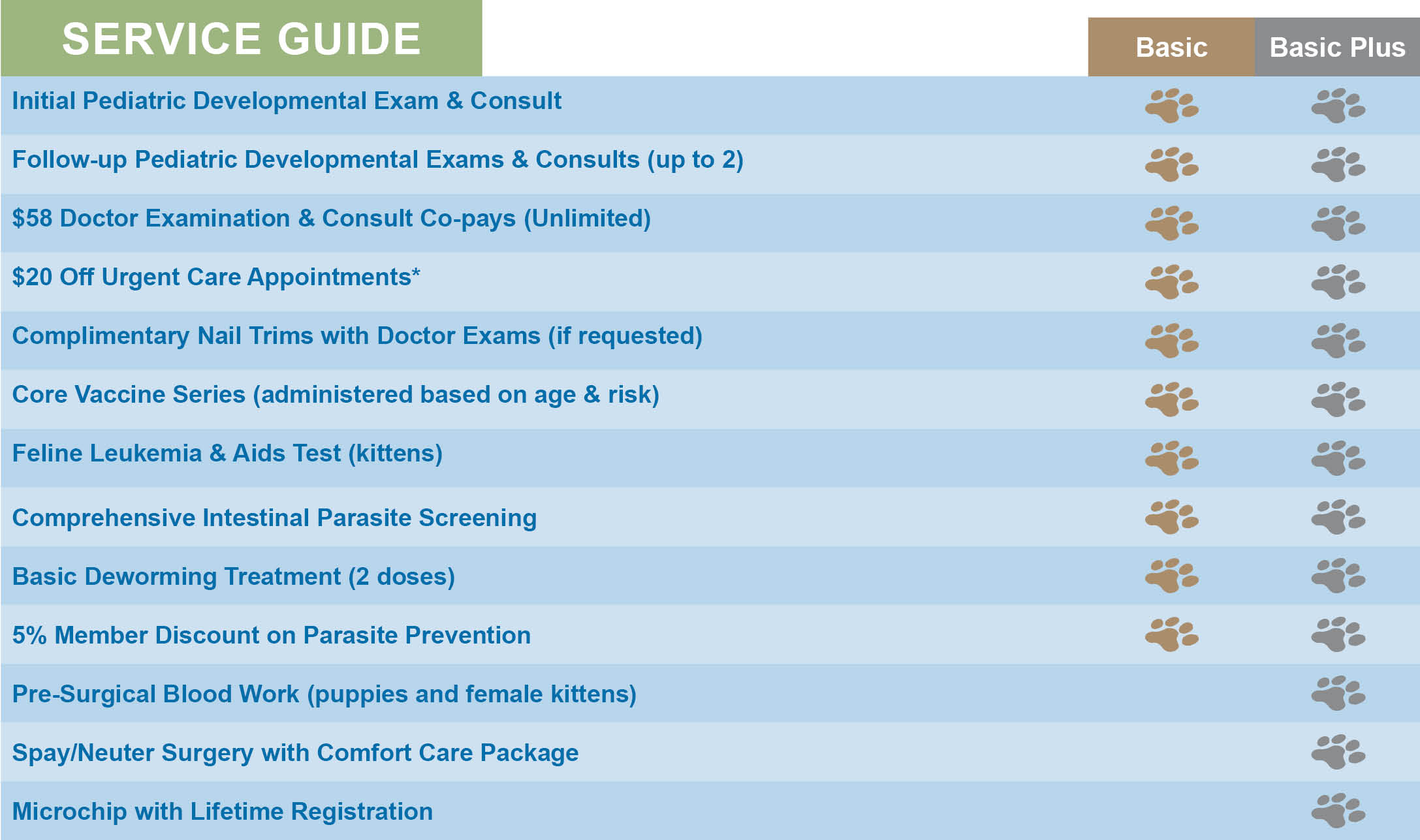Nurturing Health: Insights into Pediatric Medicine

Caring for the Little Ones: A Glimpse into Pediatric Medicine
Pediatric medicine stands as a specialized field dedicated to the health and well-being of infants, children, and adolescents. It encompasses a wide range of healthcare services designed to address the unique needs of young individuals, ensuring they thrive physically, mentally, and emotionally.
The Foundation of Pediatric Medicine
At the heart of pediatric medicine is a commitment to promoting the health and development of children. Pediatricians, specialized medical professionals, play a crucial role in monitoring growth, addressing health concerns, and guiding parents through the various stages of childhood.
Preventive Care and Early Intervention
One key aspect of pediatric medicine is the emphasis on preventive care. Regular check-ups, vaccinations, and screenings are essential components of pediatric healthcare. These measures not only protect children from potential illnesses but also allow for early intervention if any health issues arise.
Addressing Common Childhood Ailments
Pediatric medicine covers a spectrum of common childhood ailments, from minor infections to chronic conditions. Pediatricians are trained to diagnose and treat conditions specific to young patients, providing tailored care that takes into account the developmental stage of the child.
Nutritional Guidance and Growth Monitoring
Proper nutrition is paramount for the healthy development of children. Pediatric medicine includes guidance on nutrition, ensuring that children receive the essential nutrients needed for growth. Pediatricians also monitor growth patterns to identify and address any nutritional concerns.
Behavioral and Developmental Assessments
Beyond physical health, pediatric medicine encompasses the assessment of behavioral and developmental milestones. Pediatricians observe and guide parents on age-appropriate behaviors, offering early intervention if there are any signs of developmental delays or behavioral concerns.
Pediatric Medicine as a Family-Centered Approach
Pediatricians often adopt a family-centered approach to healthcare. Recognizing that the well-being of a child is interconnected with family dynamics, pediatric medicine involves open communication with parents and caregivers. This collaborative approach helps create a supportive environment for the child’s overall health.
Transitioning to Adolescent Healthcare
As children grow into adolescence, pediatric medicine extends its focus to address the unique healthcare needs of teenagers. This includes discussions on puberty, sexual health, mental health, and lifestyle choices. Pediatricians serve as a resource for both parents and teenagers during this transitional period.
Mental Health in Pediatric Medicine
The importance of mental health is increasingly recognized in pediatric medicine. Pediatricians are attuned to the emotional well-being of their young patients, addressing issues such as anxiety, depression, and behavioral challenges. Early intervention and support contribute to a child’s holistic health.
Accessing Pediatric Medicine Resources
For parents seeking more information and resources on pediatric medicine, Pediatric Medicine provides valuable insights. From understanding developmental milestones to finding a trusted pediatrician, this resource offers guidance for navigating the various aspects of pediatric healthcare.
In conclusion, pediatric medicine plays a vital role in shaping the health and well-being of our youngest community members. The specialized care provided by pediatricians, coupled with a focus on preventive measures and holistic well-being, ensures that children have the support they need to thrive from infancy









